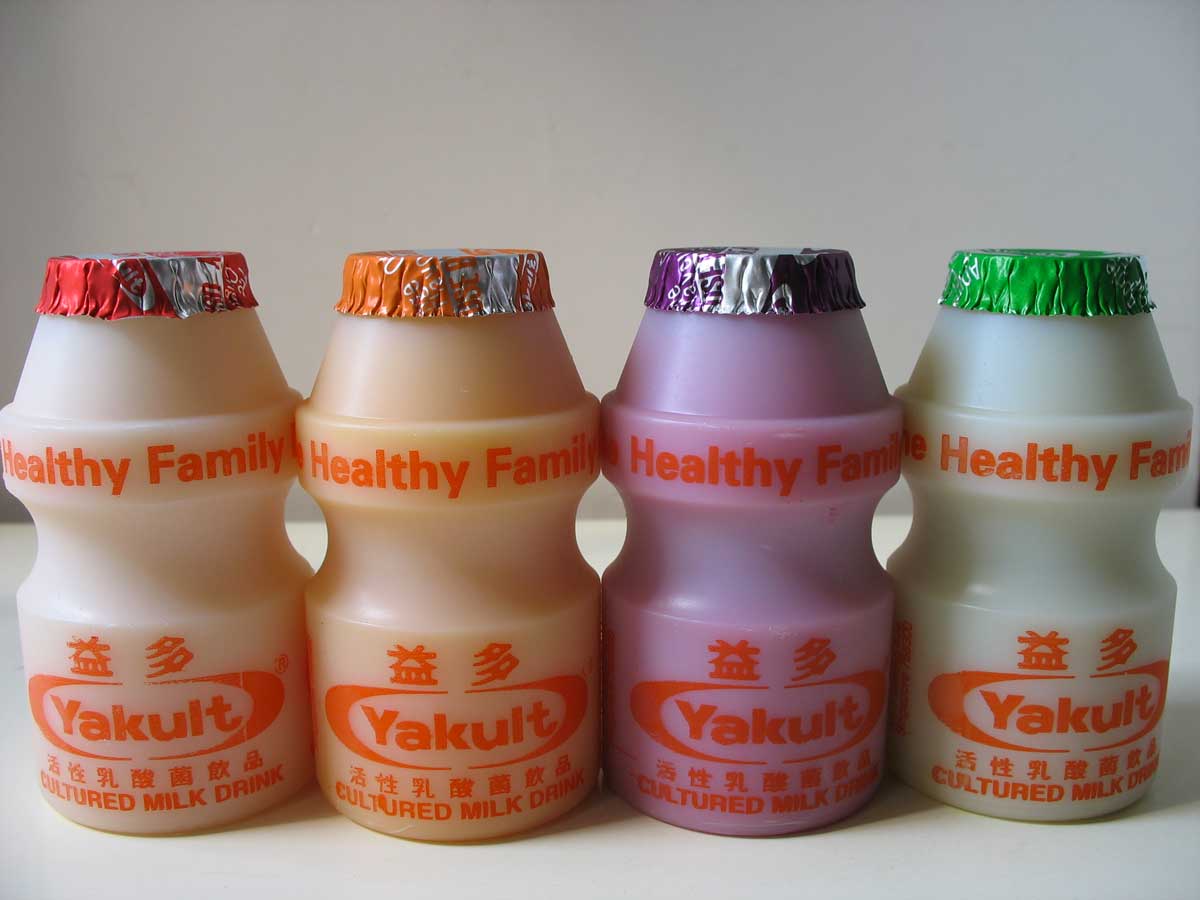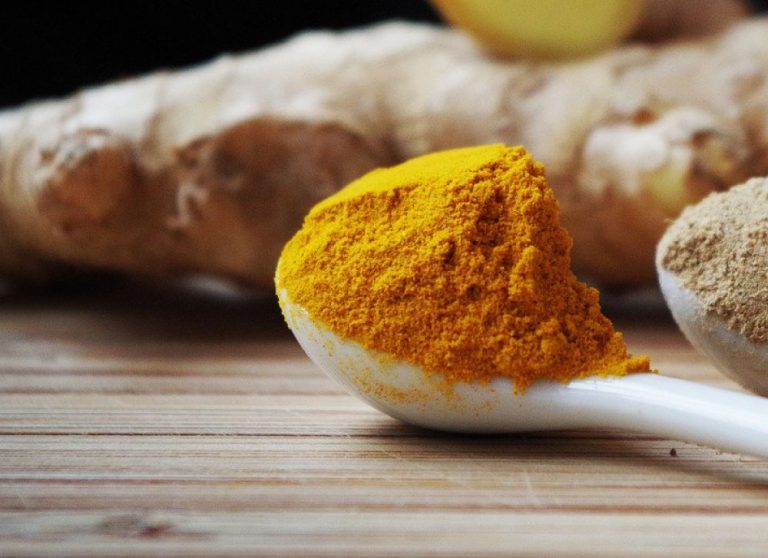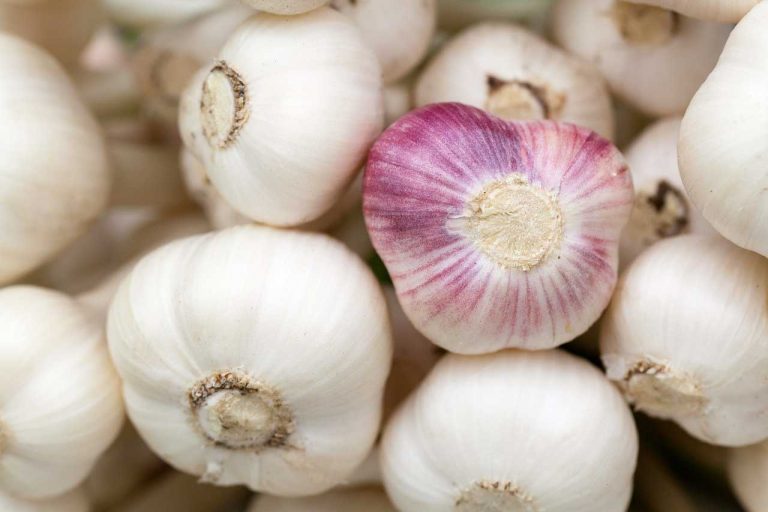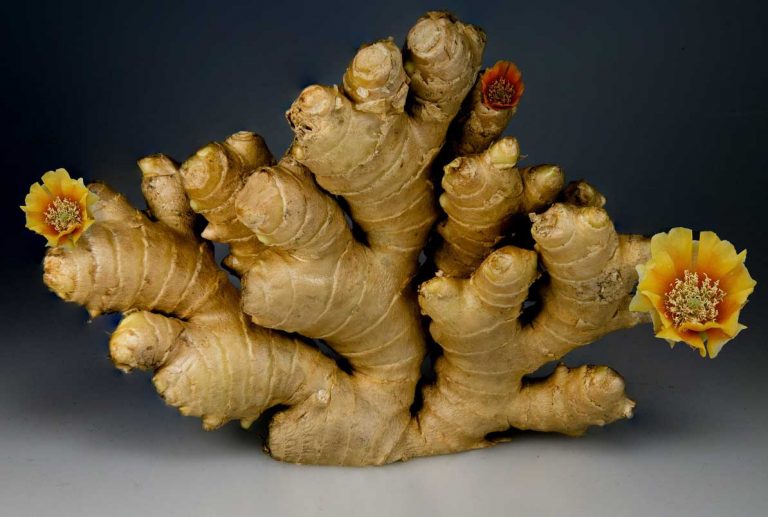Yakult Probiotic Drink: Bottled Gut Health Magic
Yakult, a probiotic dairy product born in Japan, has been a household staple for health enthusiasts worldwide for decades. Dr. Minoru Shirota, a Japanese microbiologist, first fermented this gut-friendly drink in 1935, with the aim of promoting good health among the masses. Today, it’s enjoyed in over 40 countries and regions, appreciated not only for its sweetly tangy flavor but more importantly, its touted health benefits.
At its core, Yakult is a testament to the power of one tiny, yet mighty, organism – the Lacticaseibacillus casei Shirota strain. This unique probiotic bacteria, specifically cultivated by Dr. Shirota, has come to define Yakult’s identity and appeal, thanks to its potential health benefits.
In this article, we will peel back the label on the familiar petite bottle and delve deep into what makes Yakult so special. We will start with an exploration of its ingredients, highlighting what’s inside every bottle and why. Next, we’ll spotlight the star player of Yakult, the Lacticaseibacillus casei Shirota, discussing its characteristics, origin, and why it was formerly classified as a Lactobacillus.
We’ll also discuss the health benefits of probiotics generally, putting into context the role of the Shirota strain within the broader spectrum of these beneficial bacteria. We’ll then detail how probiotics, and in particular Yakult’s Lacticaseibacillus casei Shirota, affect gut health and by extension, the overall health of the human body. I’ll also distinguish between the two different strains Lactobacillus and Lacticaseibacillus casei Shirota, underscoring why the Shirota strain provides the benefits it does in the Yakult probiotic drink.
Let’s peel back the lid and pour out the knowledge on the fascinating science, and the beneficial symphony of ingredients and probiotics that is Yakult. Prepare to discover the magic in the bottle!
Yakult Ingredients and Their Purposes
When it comes to maintaining a healthy lifestyle, we’re often told that understanding what goes into our food and drinks is crucial. With that in mind, let’s take a closer look at the components that make up every bottle of Yakult.
A typical serving of Yakult contains water, sugar, skimmed milk powder, glucose, and the defining ingredient: the probiotic bacterium Lacticaseibacillus casei Shirota. It may seem like a simple list, but each ingredient plays an essential role in creating the Yakult we know and love.
Water serves as the base of the drink, creating the liquid environment necessary for the other ingredients to combine. Sugar and glucose are included for taste, providing the slightly sweet and tangy flavor unique to Yakult. But they also play a more fundamental role: they are food for the Lacticaseibacillus casei Shirota bacteria. These simple sugars serve as the energy source, allowing the bacteria to thrive and multiply.
The skimmed milk powder adds a creamy texture to the drink and provides a source of protein and calcium. More importantly, it contributes to the growth of Lacticaseibacillus casei Shirota, as many probiotic bacteria, including this strain, have an affinity for dairy environments.
And finally, the most significant ingredient: Lacticaseibacillus casei Shirota. Each bottle of Yakult contains billions of this specific probiotic strain, developed by Dr. Minoru Shirota. This friendly bacteria is what sets Yakult apart from other fermented dairy products. It can survive the journey through the human digestive system, reaching the intestines alive where it can confer its health benefits.
Although Yakult has a simple ingredient list, the harmonious blend of these components has allowed it to stand the test of time. The next section will dive deeper into the specifics of the superstar bacteria – Lacticaseibacillus casei Shirota – shedding light on its characteristics, discovery, and importance.
Lacticaseibacillus casei Shirota: The Superstar Bacteria
One cannot discuss Yakult without delving into the specifics of the distinctive bacteria that defines it: the Lacticaseibacillus casei Shirota strain. This microscopic superstar is a game-changer in the realm of probiotics, thanks to its resilience, its unique properties, and its overall contribution to our health.
The Lacticaseibacillus casei Shirota strain was named after Dr. Minoru Shirota, who successfully cultured it back in the 1930s. Dr. Shirota’s objective was to create a strain of bacteria that could withstand the harsh environment of the human digestive system and reach the intestines alive. And he achieved just that. The Lacticaseibacillus casei Shirota strain is uniquely robust, capable of surviving gastric acid and bile to make its way to the gut, where it exerts its beneficial effects.
Initially, this strain was classified under the Lactobacillus genus due to its lactic acid-producing ability, which is a characteristic feature of this group of bacteria. However, advancements in technology and microbial taxonomy led to a reclassification of many species based on DNA sequencing. As such, this particular strain now falls under the Lacticaseibacillus genus but retains its species and strain name, casei Shirota.
But how does this strain compare to other Lactobacillus strains? What sets it apart? While many Lactobacillus strains do offer health benefits, what makes Lacticaseibacillus casei Shirota unique is its ability to survive in more substantial numbers as it travels through the digestive tract. This resilience increases the chances of it reaching the gut where it can proliferate and positively influence gut health.
In the next sections, we will explore the health benefits that these probiotics bring, along with an in-depth analysis of the differences between the Lacticaseibacillus and Lactobacillus. We will also delve into how these beneficial bacteria influence our gut health, contributing to our overall well-being. But for now, let’s take a moment to appreciate this microscopic superstar in our Yakult bottle – an organism that exemplifies the saying, ‘Good things come in small packages.’
Health Benefits of Probiotics
Probiotics, the ‘good’ or ‘friendly’ bacteria, have been making waves in the health and wellness sector for their potential contributions to our well-being. These microorganisms, found in a variety of foods and supplements, can confer numerous health benefits when consumed in adequate amounts. But what are these benefits exactly, and how does the superstar bacterium of Yakult, the Lacticaseibacillus casei Shirota, fit into this narrative?
Generally, probiotics are recognized for their ability to balance our gut flora. This equilibrium is vital as an unbalanced gut can lead to digestive issues such as diarrhea, irritable bowel syndrome (IBS), and inflammatory bowel disease (IBD). In addition to these digestive benefits, probiotics have also been linked to a range of other health outcomes, including immune health, weight management, mental health, and even skin health.
The immune-boosting properties of probiotics can be attributed to their role in maintaining a healthy gut barrier, which plays a crucial role in preventing harmful bacteria from entering the bloodstream. Moreover, some probiotics can promote the production of natural antibodies and increase immune cells like lymphocytes and Natural Killer cells.
Emerging research also suggests a connection between gut health and brain function, often referred to as the “gut-brain axis.” Some probiotics may improve mental health conditions by producing neurotransmitters used by the nervous system or by modulating inflammation and stress hormones.
Now, how does Yakult’s unique strain, Lacticaseibacillus casei Shirota, contribute to these probiotic benefits? This strain is known for its potential positive effects on digestive health, thanks to its survival capabilities in the harsh gut environment. It helps balance the gut microbiota, aiding in the prevention and treatment of conditions like diarrhea and other gastrointestinal disorders.
But the benefits of Lacticaseibacillus casei Shirota extend beyond just the gut. This strain has also shown potential in modulating the immune system, with studies suggesting that regular consumption of Yakult may help enhance immune responses, potentially reducing the risk of infections.
In summary, the health benefits of probiotics are far-reaching, with our very own Lacticaseibacillus casei Shirota leading the charge in numerous ways. In the following sections, we’ll take a closer look at how these probiotics, particularly Yakult’s strain, influence our gut health and overall well-being.
Probiotics, Gut Health, and the Human Body
In recent years, the world of health science has begun to more fully appreciate the vital role that our gut plays in overall health. The gut, or our gastrointestinal tract, is home to trillions of bacteria, both good and bad. These bacteria, collectively referred to as the gut microbiota, play a crucial role in numerous aspects of our health, from digestion to immunity, and even our mood.
Probiotics, like the Lacticaseibacillus casei Shirota found in Yakult, can significantly affect gut health. When we consume these beneficial bacteria, they pass through our digestive system to take up residence in our intestines. Here, they interact with the existing gut microbiota, helping to maintain a healthy balance of bacteria. This equilibrium is essential because an imbalance, known as dysbiosis, can lead to numerous health problems, ranging from digestive issues to autoimmune diseases, mental health problems, and even obesity.
The primary benefit of probiotics for gut health lies in their ability to counteract dysbiosis. They can help restore the natural balance of the gut microbiota, particularly following disturbances like antibiotic use or illness. In this way, probiotics may aid in the treatment of conditions such as antibiotic-associated diarrhea and certain inflammatory bowel diseases.
Yakult’s Lacticaseibacillus casei Shirota, thanks to its ability to survive gastric acid and reach the gut alive, is particularly effective at modulating the gut microbiota. It can thrive in the intestines, aiding digestion and contributing to a healthier gut environment. The bacterium has also shown potential in preventing and treating various digestive disorders, such as irritable bowel syndrome and acute gastroenteritis.
But the impact of probiotics on gut health extends far beyond the gut itself. Given the interconnectedness of the gut with other systems in the body, maintaining a healthy gut can have far-reaching implications for our overall health. The gut is often referred to as the “second brain,” influencing our mood, brain function, and even our mental health. Additionally, about 70% of our immune cells reside in the gut, making gut health paramount for a robust immune response.
In conclusion, probiotics like Lacticaseibacillus casei Shirota have a profound influence on gut health, which in turn, significantly impacts our overall well-being. These tiny bacteria may be small, but their impact is immense. In the next section, we will compare the characteristics and benefits of Lactobacillus and Lacticaseibacillus casei Shirota, providing a deeper understanding of what makes the Shirota strain so special.
Comparing Lactobacillus and Lacticaseibacillus casei Shirota
With a basic understanding of the probiotic world under our belts, let’s delve deeper into the nuances that distinguish the common Lactobacillus strains from our hero of the hour, the Lacticaseibacillus casei Shirota.
Lactobacillus is a genus of bacteria that was long considered the primary home for a vast number of lactic acid-producing bacteria, including the casei Shirota strain. These bacteria are commonly used in the production of fermented foods and beverages, as well as probiotic supplements, due to their health-promoting properties.
Characteristics of Lactobacillus strains typically include the ability to produce lactic acid, which not only aids in food fermentation but also creates an acidic environment that can deter harmful bacteria in the gut. Moreover, certain strains have been associated with health benefits such as improved digestion and enhanced immune function.
However, recent advancements in genomic science have led to a reclassification of the Lactobacillus genus, giving rise to a number of new genera, one of which is Lacticaseibacillus. The casei Shirota strain, the superstar of Yakult, now resides under this new classification.
So, what sets Lacticaseibacillus casei Shirota apart from other Lactobacillus strains? While they share many characteristics, the key distinguishing factor is resilience. Lacticaseibacillus casei Shirota is exceptionally resilient, able to withstand the harsh, acidic environment of the stomach and reach the intestines alive in large numbers. This resilience increases its effectiveness as a probiotic, ensuring that it can exert its health benefits in the gut.
Furthermore, Lacticaseibacillus casei Shirota has been subject to a large number of scientific studies that provide evidence of its health benefits, more so than many other Lactobacillus strains. Its benefits include enhanced gut health and immune function, prevention and treatment of certain gastrointestinal disorders, and potential effects on mental health.
In essence, while Lactobacillus strains and Lacticaseibacillus casei Shirota share many similarities, the latter’s exceptional resilience and well-documented health benefits set it apart. As we move forward, we will explore where you can buy Yakult around the world to take advantage of these unique benefits.
Where to Buy Yakult: A Global Guide
As the popularity of Yakult continues to rise thanks to its unique taste and numerous health benefits, it has made its way onto the shelves of retailers around the world. Whether you’re in Asia, Latin America, Europe, or the United States, here’s a guide to where you can find this probiotic powerhouse.
Asia
Yakult originated in Japan, and it’s no surprise that it’s widely available across the continent. In Japan, it’s commonly sold in supermarkets, convenience stores, and is even delivered door-to-door by “Yakult Ladies”. In other Asian countries like South Korea, China, India, and the Philippines, Yakult can be found in most supermarkets and grocery stores.
“Yakult Ladies”
The “Yakult Ladies” are an integral part of the company’s history and its delivery system, particularly in Asia. The concept was started in Japan in 1963 as a way to distribute Yakult products directly to consumers’ homes. This approach also helped overcome the challenges of limited refrigeration capabilities in Japanese households at the time, ensuring the freshness of Yakult’s products.
These “Yakult Ladies” are saleswomen who deliver Yakult products door-to-door, either by foot, bicycle, or small delivery vehicles. They are trained in health science to provide consumers with accurate information about Yakult’s products, including the health benefits of the Lacticaseibacillus casei Shirota strain present in the drinks. Their role is not only to sell the product but also to educate customers about the importance of gut health and probiotics.
The “Yakult Lady” system has proven so successful that it’s been replicated in other countries where Yakult is sold, including some regions of Latin America. They are an iconic symbol of the brand and have become a well-recognized feature of daily life in many areas. The personalized service they offer, coupled with the health and wellness education they provide, has helped to build and maintain strong customer relationships, contributing significantly to Yakult’s global success.
Latin America
In Latin American countries such as Mexico, Brazil, and Argentina, Yakult is gaining in popularity. You can find it in local supermarkets, grocery stores, and even some convenience stores. Just like in Japan, there’s also a network of “Yakult Ladies” delivering the probiotic drink directly to homes in certain regions.
Europe
Across Europe, including in the UK, France, Spain, and Germany, Yakult is readily available in most large supermarkets and health food stores. Online retailers also stock Yakult, offering an easy and convenient way to purchase the drink.
United States
In the United States, Yakult has been available since the 2000s and can be found nationwide. You’ll find it in the dairy or health food sections of major supermarkets such as Walmart, Target, and Kroger, as well as in health-focused stores like Whole Foods Market. Online shoppers can find Yakult on Amazon and other online grocery platforms.
In conclusion, no matter where you are in the world, there’s likely a place nearby where you can pick up a pack of Yakult. So why not give it a try and experience the unique taste and health benefits of this probiotic drink for yourself? As we’ve discovered, the Lacticaseibacillus casei Shirota in each bottle offers a simple way to support your gut health, and potentially, your overall well-being.
Conclusion
In the ever-evolving realm of health and nutrition, the role of gut health and probiotics has emerged as a key area of focus. As our understanding of the human microbiome expands, so too does the appreciation for drinks like Yakult, which offer an easy and tasty way to incorporate beneficial bacteria, like the resilient Lacticaseibacillus casei Shirota, into our diets.
In this article, we’ve delved into the ingredients that make Yakult the drink it is today, with a special spotlight on its star player, the Lacticaseibacillus casei Shirota bacteria. We’ve explored the array of health benefits that probiotics confer, from digestive health to mental well-being, and how these tiny microorganisms can play a significant role in our overall health.
We’ve also delved into the distinctiveness of the Shirota strain, its resilience and extensive scientific backing setting it apart from other Lactobacillus strains. Lastly, we’ve seen how, regardless of where you are in the world, it’s easier than ever to enjoy Yakult and reap the potential health benefits it offers.
The world of probiotics is rich and complex, just like our gut microbiome. Drinks like Yakult, with their probiotic prowess, not only add a refreshing twist to our daily routine but also provide an accessible path to better gut health and, consequently, better overall health. So, the next time you spot a bottle of Yakult at your local supermarket, you’ll know the impressive science and global journey that’s contained within that small, iconic bottle.







